Mythology
-

The enigmatic phenomenon known as the Aurora, often referred to in various cultures as the Valkyrior or “Dance of the Spirits,” captivates the human imagination with its ethereal beauty and mystique. Originating from the Roman goddess of dawn, Aurora, and the Greek term for the north wind, Boreas, these natural wonders are classified as the…
-
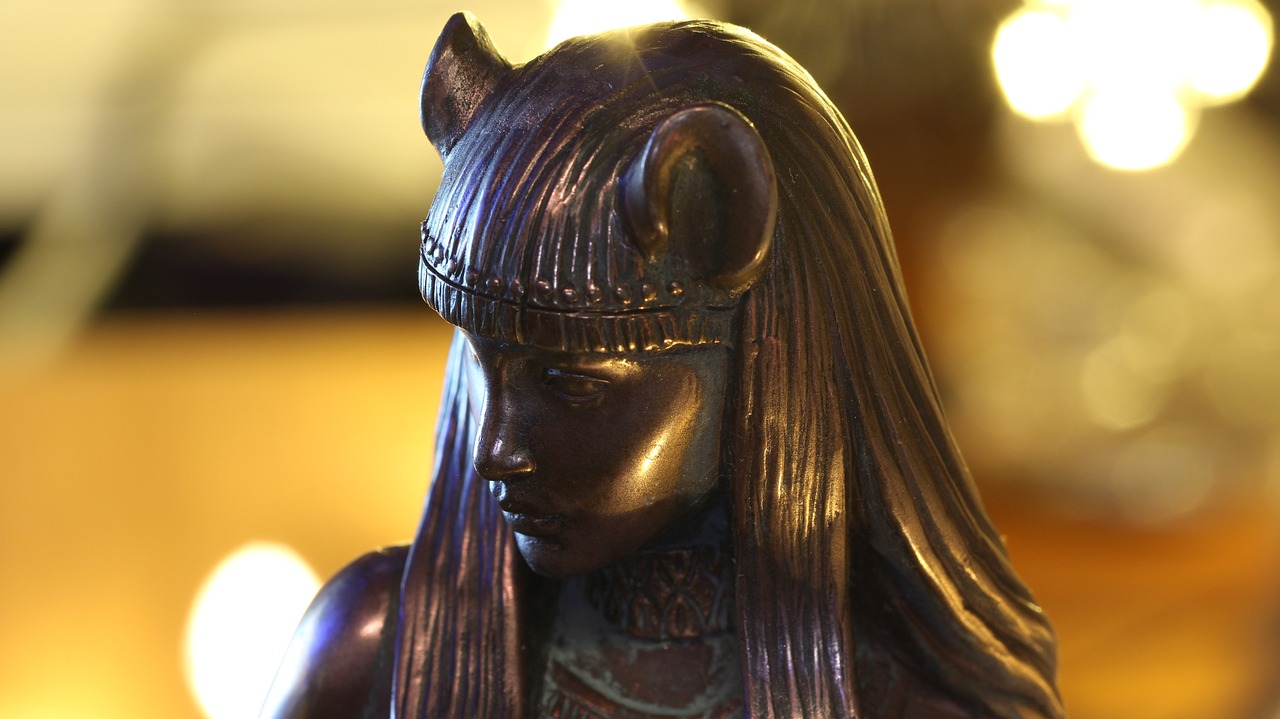
The Goddess Bastet: Protector and Nurturer in Ancient Egypt Bastet, a significant deity within Egyptian mythology, embodies the essence of home, domesticity, and guardianship. Symbolizing fertility, childbirth, and women’s secrets, she safeguarded households from malevolent spirits and illness, particularly those impacting women and children. Like many Egyptian deities, her influence extended into the afterlife, where…
-
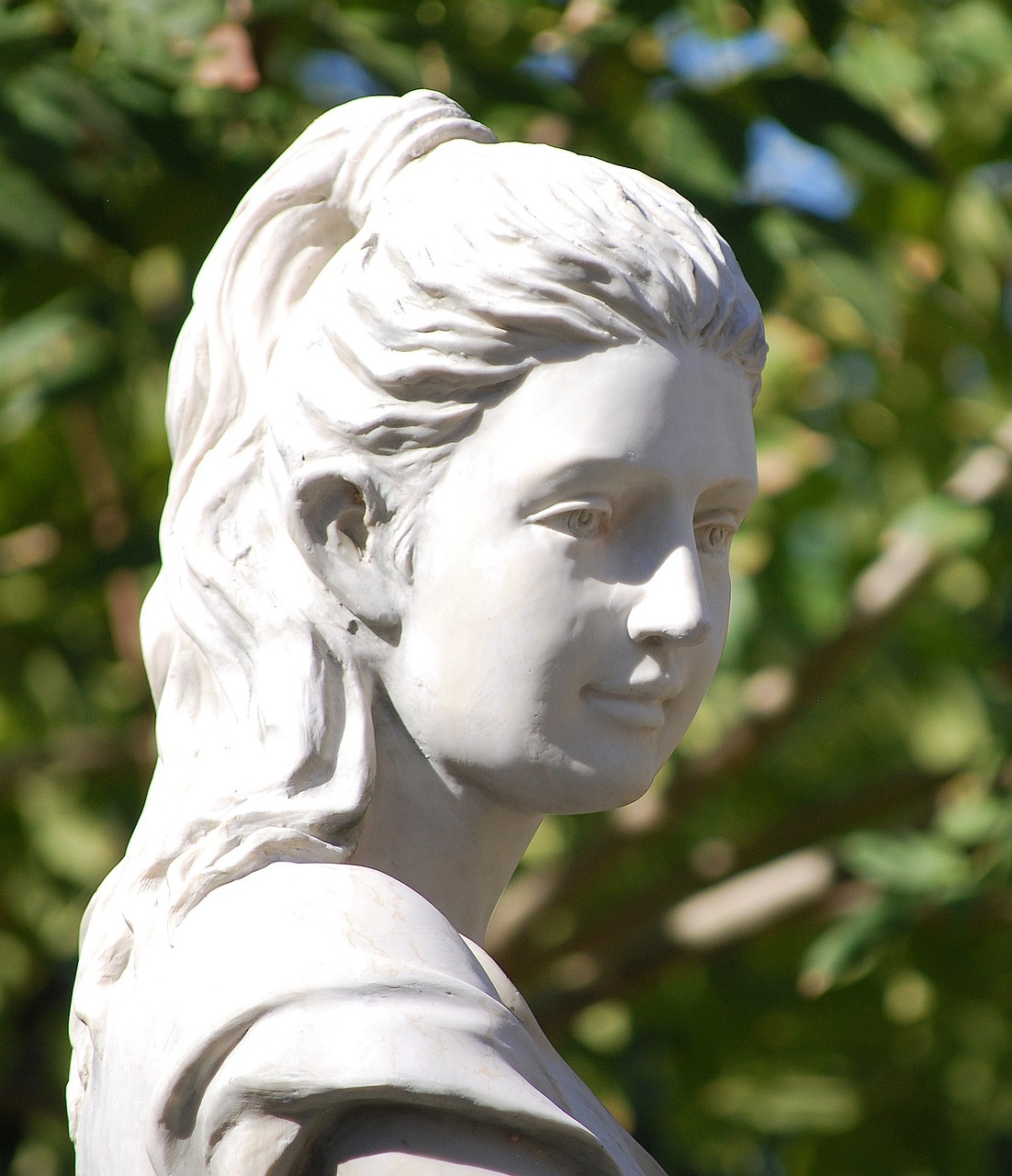
Roman Religion: Insights into Beliefs and Practices Roman religion, known from antiquity until the rise of Christianity in the 4th century CE, encapsulates the beliefs and rituals of the inhabitants of the Italian peninsula during Classical antiquity. According to Cicero, a prominent orator and statesman, the Romans possessed a unique wisdom that enabled them to…
-
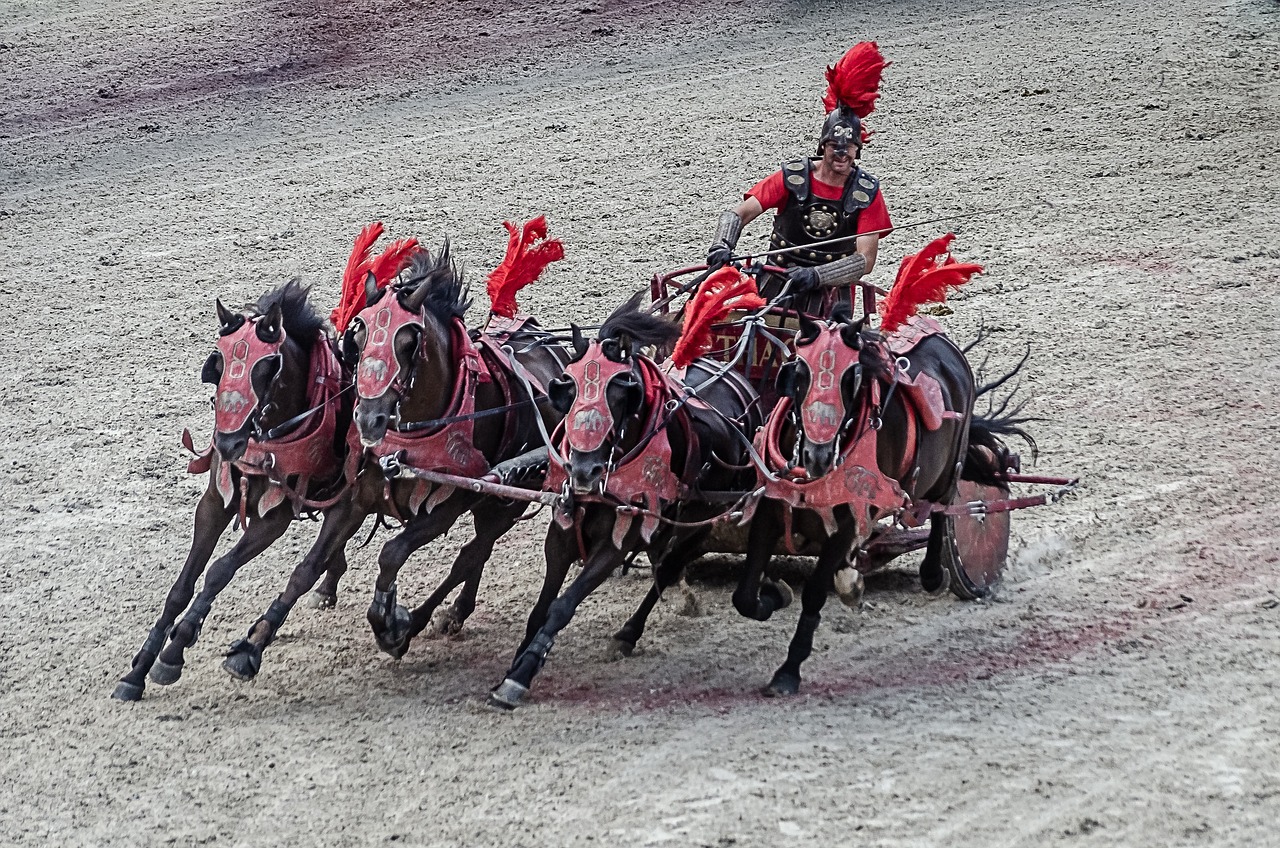
The influence of the Romans on the world was both profound and multifaceted. They introduced impressive construction techniques, advanced logistical methods, cutting-edge technology, and a structured legal system. However, one of the most significant impacts they left behind could be seen as a form of cultural assimilation that bordered on genocide. While the Romans had…
-

In ancient folklore, there was a Celtic goddess named Macha, a fairy woman of the Sidhe, whose tale becomes central to the renowned Irish epic, the Táin Bó Cúailnge. While many remember this narrative for its imposing curse, at its heart, it is a story about birth and the experiences that come with it. The…
-
Nyx, also referenced as Nox or the Night, embodies the concept of night within Greek mythology. Emerging from Chaos, she is classified as a primordial deity (Protogenoi), a term that encompasses the elemental and physical forces of existence, signifying the first generation of divine entities from which all gods, heroes, and beasts of Greek lore…
-
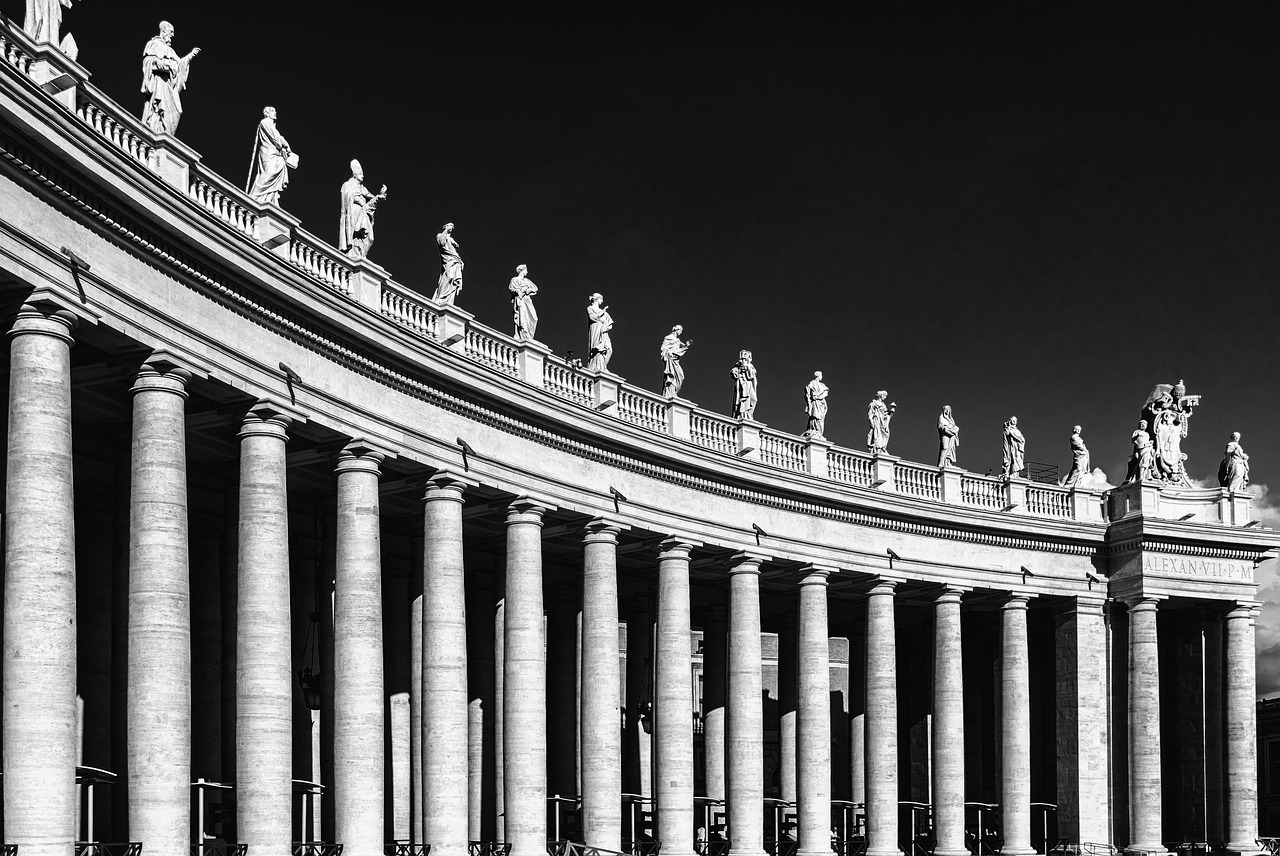
Roman Religion: Key Beliefs and Practices in Classical Antiquity Roman religion, also referred to as Roman mythology, encompasses the beliefs and practices of the inhabitants of the Italian peninsula from ancient times until Christianity’s rise in the 4th century CE, a period recognized as Classical antiquity. According to Cicero, a prominent orator and politician, the…
-

Being an employee of Asana, I may have a personal preference, but there’s no denying that Asana stands out as an exceptional project management tool. It serves as a vital hub for my team, giving everyone a clear understanding of individual responsibilities and deadlines. This clarity has been crucial as we navigate changing priorities and…
-
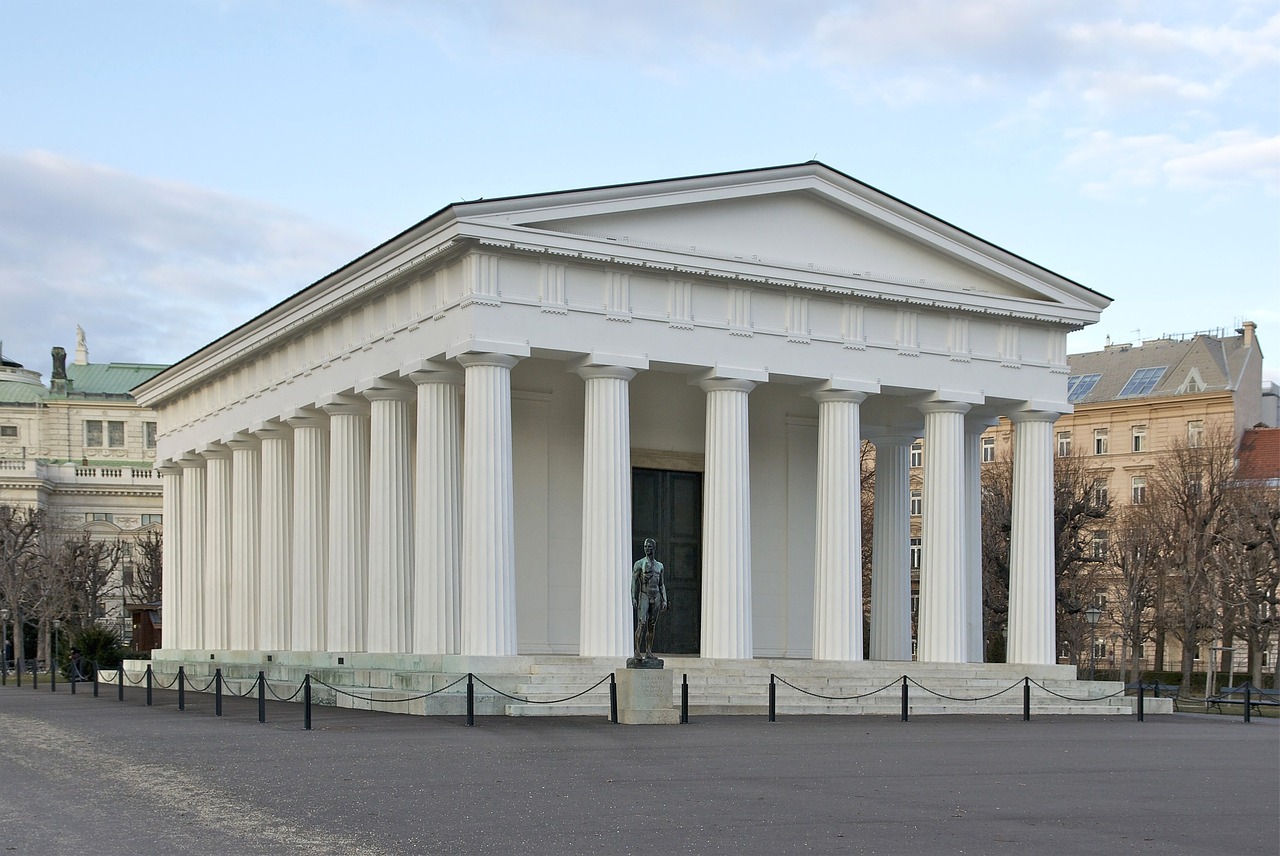
The legendary figure of Theseus is often regarded as the heroic embodiment of ancient Athens, whose moments of valor were celebrated as instrumental in shaping the birth of democracy within the city-state that is acknowledged as the origin of Greek democratic ideals. Thought to exist alongside Hercules, Theseus is placed in the generation that predates…
-
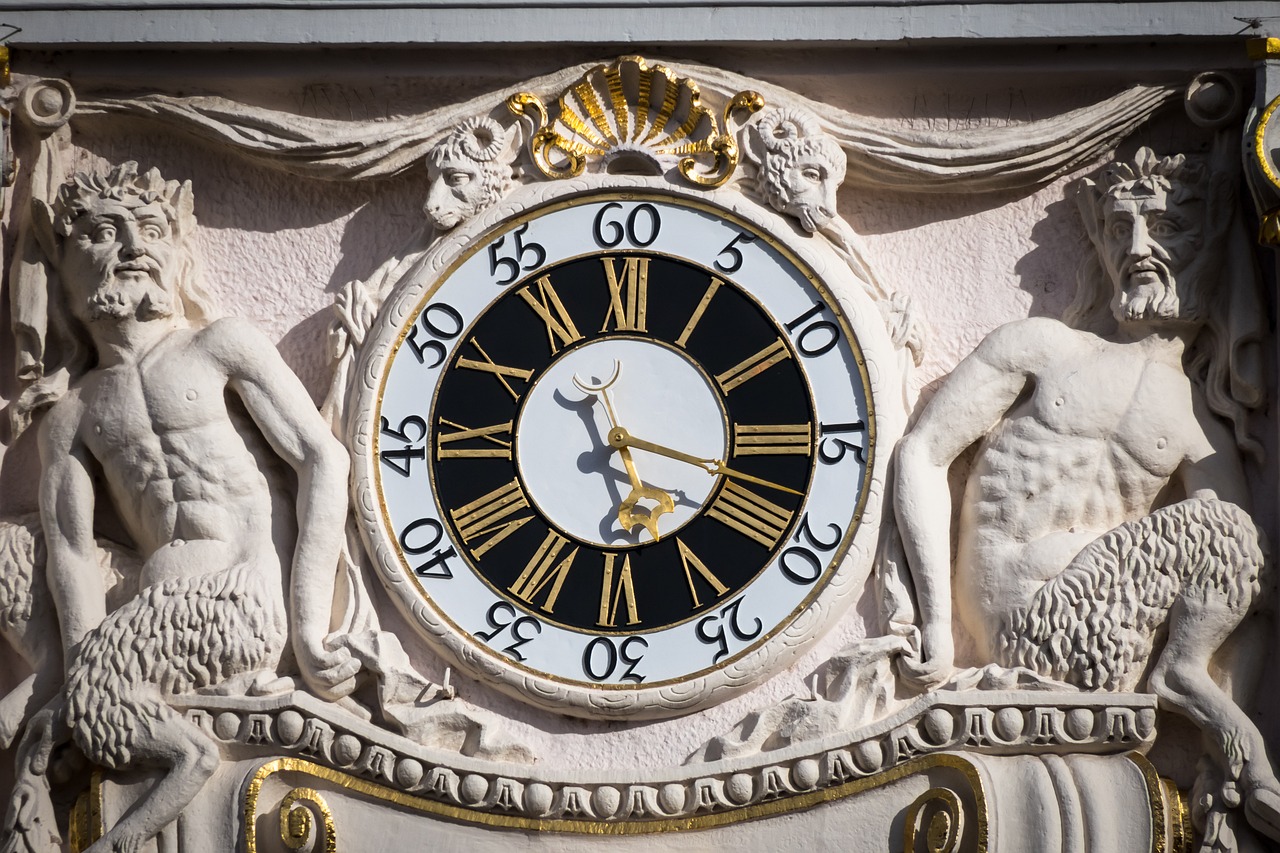
Faunus, the son of Picus and the father of Latinus, was the third king of the Laurentes. During his reign, he followed the agricultural and pastoral traditions established by his predecessors, Picus and Saturn. He was distinguished not only as a ruler who advanced farming practices and livestock breeding but also as a celebrated hunter.…


